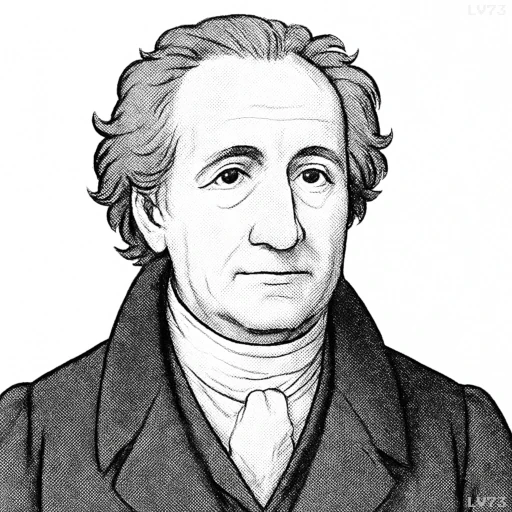“None are more hopelessly enslaved than those who falsely believe they are free.”

- August 28, 1749 – March 22, 1832
- German
- Poet, playwright, novelist, philosopher, politician
table of contents
Quote
“None are more hopelessly enslaved than those who falsely believe they are free.”
Explanation
Goethe highlights the danger of illusionary freedom—the idea that a person is free when, in reality, they are controlled or limited by unseen forces, whether societal, psychological, or internal. These individuals might believe they are independent or self-determined, but their lack of awareness of the constraints around them leaves them trapped in a state of false freedom. The real enslavement comes not from visible or external control, but from ignorance or delusion about their true circumstances. True freedom requires not just the absence of external restrictions but an awareness of one’s situation and the ability to break free from internal limitations and false beliefs.
Historically, this idea resonates with the philosophical concepts of self-awareness and autonomy that were central to thinkers of Goethe’s time, particularly during the Enlightenment. While many believed in the power of individual freedom, Goethe recognized that illusionary freedom—where people mistakenly think they are free while being trapped by external expectations, social norms, or unexamined desires—was a far more insidious form of enslavement. He understood that true liberation comes from self-awareness and the ability to see beyond societal conventions and personal biases.
In modern contexts, this idea applies to various forms of psychological and societal control. For example, people who live by external expectations—such as conforming to societal norms, materialism, or social media standards—may feel they are living freely, yet they are often influenced or controlled by these forces without realizing it. The self-imposed limitations of conformity or addiction can create a feeling of false freedom. In the workplace, people might believe they are in control of their careers, yet they might be bound by fear, external approval, or financial dependence.
Goethe’s words remind us that true freedom comes from an awareness of our circumstances—both external and internal—and the ability to make conscious choices that align with our values, rather than being unconsciously influenced by outside forces. Only by understanding the nature of our freedom can we break free from the false sense of liberty that keeps us enslaved.
Would you like to share your impressions or related stories about this quote in the comments section?



